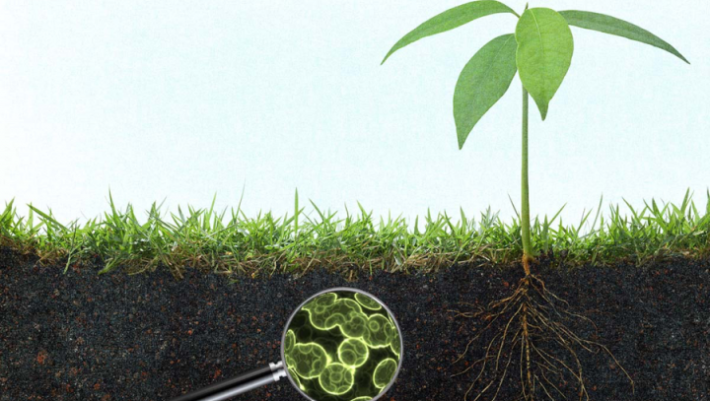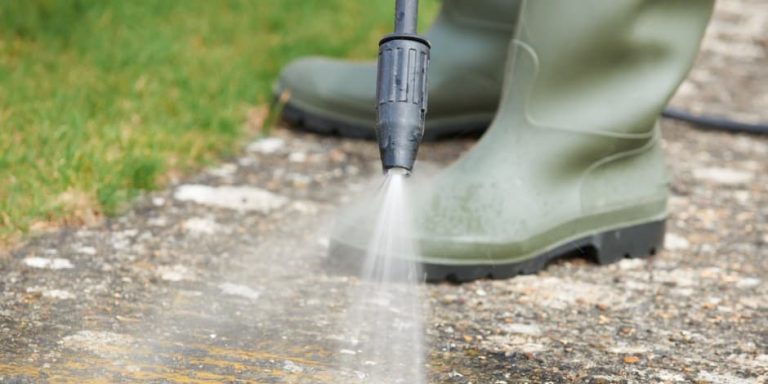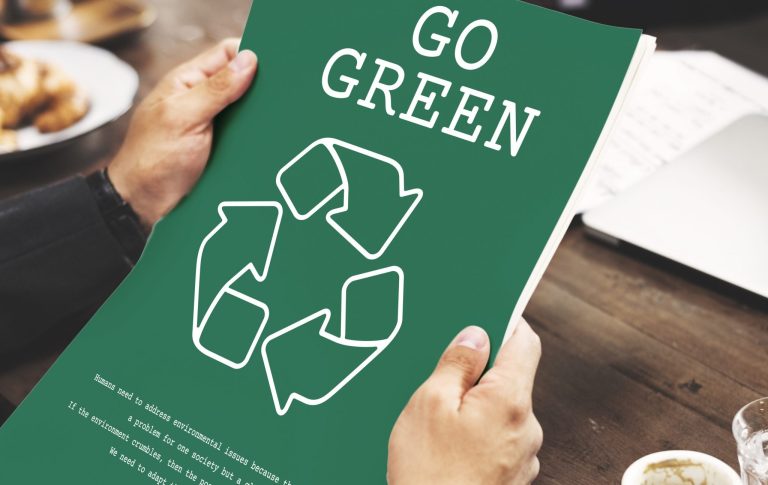
Power washing is often praised for being water-based and non-toxic, especially when compared to industrial cleaning methods. But even so-called “mild” detergents and residue from everyday cleanings can have a hidden environmental consequence—disrupting the complex and delicate microbiomes living in the soil.
In this article, we’ll explore how leftover chemicals from power washing can damage soil ecosystems, why it matters, and what steps can be taken to protect the underground life beneath our feet. 🌍🌱
🌱 What Is the Soil Microbiome?
The soil microbiome refers to the diverse community of microorganisms—bacteria, fungi, protozoa, and more—that live in soil and help it:
- Break down organic material
- Cycle nutrients like nitrogen and phosphorus
- Retain moisture and regulate pH
- Support root growth and plant health
Without these organisms, soil becomes lifeless and compacted, leading to reduced vegetation, erosion, and lower carbon storage.
🧼 How Do Power Washing Chemicals Reach Soil?
Power washing runoff typically travels:
- Off rooftops and down into gardens
- From sidewalks into landscaped borders
- Over driveways and into lawns
- From building exteriors down walls into planting beds
If not properly contained, chemical-laced water can soak directly into the topsoil—bringing with it:
- Surfactants and foaming agents
- Phosphates
- Chlorinated compounds
- pH-altering agents
These residues may persist in soil, especially in areas with poor drainage. 🚫🧴
🦠 What Happens to Soil Microbes?
Chemical residues can:
- Kill beneficial bacteria and fungi
- Encourage the growth of harmful microbes
- Disrupt the balance of microbial populations
- Interfere with root-microbe interactions
- Reduce soil’s ability to process waste and hold nutrients
Over time, this leads to sterile, compacted soil—bad for lawns, gardens, and surrounding ecosystems.
📉 Consequences of Soil Microbiome Disruption
- Reduced Plant Growth 🌻
Without beneficial microbes, plants struggle to absorb nutrients—leading to yellowing leaves, stunted growth, and poor resilience. - Increased Erosion 🏜️
Dead soil loses structure and washes away more easily during rainfall or irrigation. - Carbon Release 🌫️
Healthy microbes help store carbon in the ground. Killing them means that carbon is released into the atmosphere—contributing to climate change. - Toxic Accumulation ☠️
Pollutants from power washing may linger in dead soil, making it unsafe for planting or even walking pets nearby.
✅ Eco-Friendly Alternatives and Safeguards
1. 🧴 Use Biodegradable, Soil-Safe Detergents
Choose products labeled:
- “Safe for soil and vegetation”
- “Non-toxic to microbes”
- “Biodegradable within 48 hours”
- pH-neutral and phosphate-free
Avoid chlorine bleach or acid-based degreasers near green spaces.
Browse Amazon Here For Eco-Friendly Pressure Washing Detergents
2. 💧 Reroute Runoff Away from Soil
Use:
- Portable berms
- Downspout extenders
- Sandbags
- Wash mats with vacuum recovery
Prevent chemicals from entering garden beds and soil zones.
3. 📆 Clean Strategically
Schedule power washing before heavy rain—so any trace residues are diluted and flushed more safely by nature (not your soil).
4. 🌿 Introduce Soil Recovery Treatments
After unavoidable chemical exposure, reintroduce soil health with:
- Compost top-dressing
- Organic mulch
- Mycorrhizal fungi inoculants
- Aeration and native grass planting
These steps help restore balance and promote microbial regrowth. ♻️🦠
🧠 Final Thoughts
The soil under our feet may be out of sight, but it should never be out of mind. Power washing can have far-reaching effects if runoff is not carefully managed—especially when it comes to the living ecosystem of soil microbes that sustain plant life, biodiversity, and even our climate.
With smart practices and eco-conscious products, we can enjoy clean surfaces without harming the ground beneath us. 🌾🧼
Protect the soil. Preserve the balance. Power wash responsibly. ✅
Browse Amazon Here For Eco-Friendly Pressure Washing Detergents






